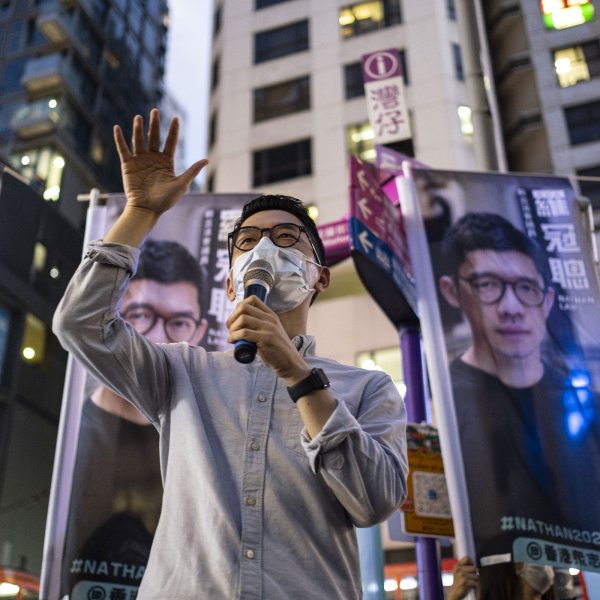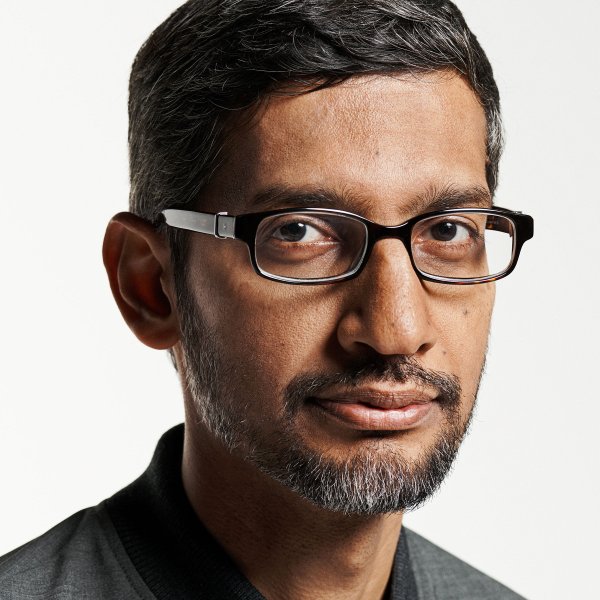I have never felt such a crystal-clear sense of purpose as I did when I took Chase Strangio as my guest to the 2019 Emmys. Our job that night was to use the power and profile of the Emmys red carpet to let the country know about what Chase called the most important case for LGBTQ+ civil rights in his lifetime.
This year, Chase, the deputy director for transgender justice at the ACLU, was part of the legal team representing Aimee Stephens, the plaintiff in the very first case involving transgender civil rights to be heard by the Supreme Court of the United States. The landmark 6-3 decision ruled that firing someone from their job because of their sexual orientation or gender identity is sex discrimination and a violation of the Civil Rights Act of 1964. This is a monumental decision from the high court and has legal implications far beyond employment. Chase’s expertise as a trans person himself was integral in crafting the arguments that won the case, and in painting the beautiful humanity of trans people for the court.
Chase’s vital legal work and his selfless activism on behalf of LGBTQ+ folks has been essential in shaping my own activism. When I haven’t had the language to explain what was at stake, the consequences and implications of discrimination, I have turned to Chase’s writings, tweets and interviews. I have had the privilege of being able to call or email him. He picks up the phone. He writes back. Chase has the fortitude to speak with clarity on the messy contradictions and limitations of our legal system, while simultaneously wielding the powers of that system to help the most vulnerable. Now he is being heralded as the lawyer behind the biggest LGBTQ+ legal victory in history. I couldn’t be prouder to call him my friend.
Cox is an actor and activist
- Donald Trump Is TIME's 2024 Person of the Year
- TIME’s Top 10 Photos of 2024
- Why Gen Z Is Drinking Less
- The Best Movies About Cooking
- Why Is Anxiety Worse at Night?
- A Head-to-Toe Guide to Treating Dry Skin
- Why Street Cats Are Taking Over Urban Neighborhoods
- Column: Jimmy Carter’s Global Legacy Was Moral Clarity






